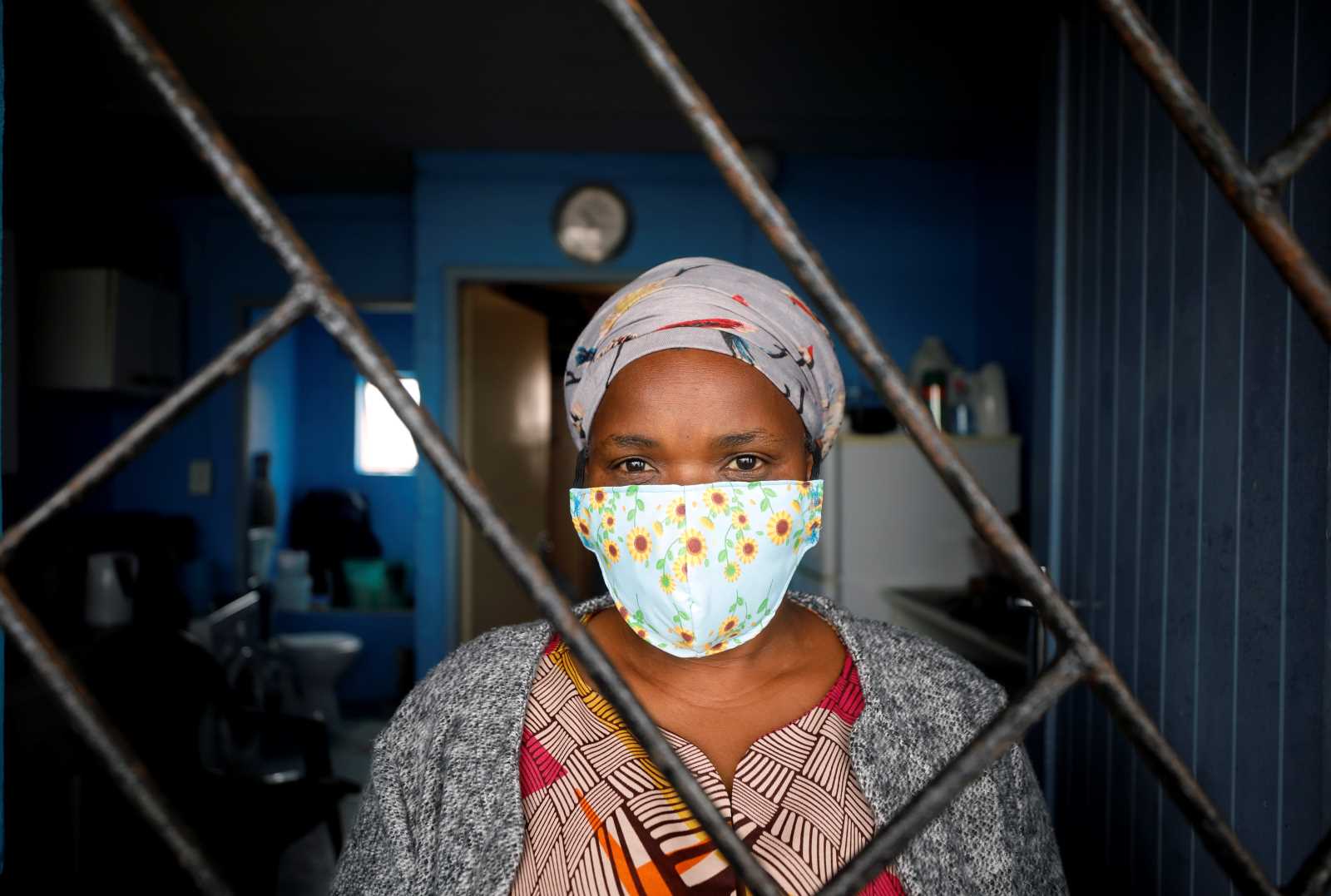Our view
Taking stock of pandemic impacts

When the Covid-19 pandemic started early this year, a double crisis was foreseeable. It was obvious that the novel coronavirus would cause serious health problems but also badly affect economic activity. Both has indeed happened – and gone along with governance issues that may well be considered the third crisis dimension. Yes, masses of people have become infected, with some suffering serious illness and many even dying. Yes, the global economy is in a dramatic downturn and especially poor people who depend on informal jobs are hit hard. Yes, governments have been imposing unusual restrictions and some have clearly breached fundamental human rights (see, for instance, contribution by Jeffrey Moyo).
The three crisis dimensions are closely interlinked. No, there is no clear trade-off between protecting people’s health and protecting people’s livelihoods. If people fear to catch the novel coronavirus in their daily lives, many will change their habits, avoiding to go out or to meet others. It is also in the self-interest of employers to reduce operations in ways that protect the health of both their staff and their customers. Losses of revenue are painful, but becoming known for spreading the disease is worse. It will result in additional costs, an even stronger reduction of cash flow and perhaps even bankruptcy. Quite obviously, responsible government action to reduce infection risks is neither undemocratic nor anti-business.
For several reasons, the challenges are greatest in low and lower-middle income countries for several reasons:
- the share of people depending on the informal sector is high,
- government capacities tend to be weak,
- that is equally true of infrastructure in general and health infrastructure in particular, and
- public budgets tend to be extremely tight.
On the upside, we have learned in the past months that Covid-19 normally affects young people less severely than the aged. Mortality rates are lower where populations are younger on average. Moreover, African societies have proven surprisingly willing to accept preventive measures such as wearing masks, frequent handwashing and keeping a distance from others when possible. Quite evidently, the continent’s experience with Ebola, HIV/AIDS and other infectious diseases has helped. In a similar sense, some Asian countries appear to have learned their SARS lessons well in the first years of this millennium.
In view of the devastating impact lockdown measures have had on growth, one is tempted to argue that developing countries should prioritise economic activity over health concerns. The problem is that the trade-offs are not clear. As argued above, simply letting the pandemic run its course will hurt economies too. Moreover, Covid-19 is not only dangerous because it can be deadly. Some patients suffer long-term symptoms, and we still do not know how bad they can be.
Nonetheless, the economic impacts seem to far outweigh the health impacts in least developed countries so far. I worry, however, that they may yet prove worse than has become apparent to date. Latin America and India prove that this disease can be quite devastating in settings that in many ways resemble those of least developed countries. We should also take into account that data collection and statistics are far more difficult in areas with poor infrastructure, and that health researchers face greater challenges there too.
Capacities and resources are distributed unfairly and unevenly among countries. Prosperous nations with internationally accepted currencies can afford to increase government debt in order to boost not only health care, but business activity in general. It is amazing how the rhetoric of the International Monetary Fund and the World Bank have changed in this regard. They used to be wary of debt; now they encourage governments to borrow.
The main reason for this paradigm change, as far as I can tell, is that there simply is no alternative. Unrestrained market dynamics do not lead to optimal results during a pandemic. One of their greatest flaws is that they do not provide public goods, and public health is a public good.
There are other reasons for the new stance taken by international financial institutions. Their leaders are increasingly aware of the dangers resulting from global heating and appreciate that massive public infrastructure spending is necessary to limit the damage. Moreover, many of them now think that austerity failed in the euro crisis and in the aftermath of the global financial crisis that began in 2008 with the collapse of the investment bank Lehman Brothers.
We are in uncharted territory. Covid-19 has disrupted everything. We will have to build back better. We knew before the pandemic that the western model of consumer societies is neither sustainable nor replicable worldwide. We also knew that global problems require global solutions. Multilateral cooperation is indispensable, and those with the greatest power and the strongest financial clout bear responsibility in particular.
The established donors of the G 20 (the group of the 20 largest economies) must therefore cooperate closely with multilateral institutions. That includes UN agencies such as the World Health Organization as well as the international financial institutions. These institutions are not above reproach, of course, but our common future depends on their work.












